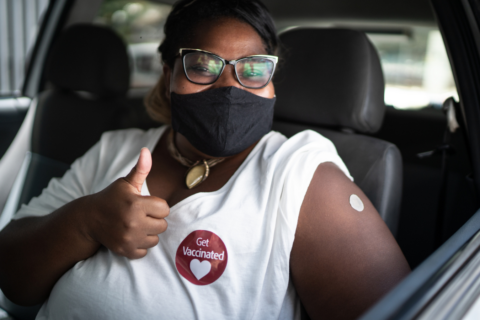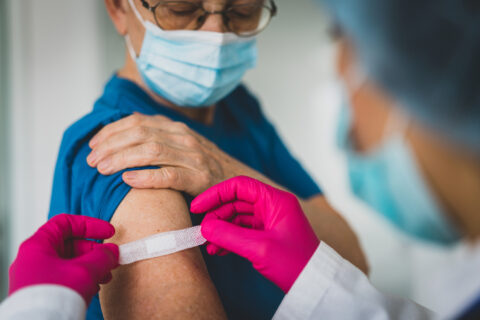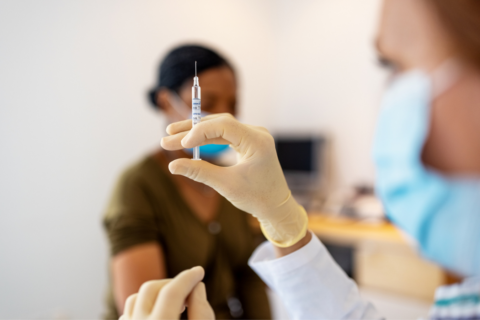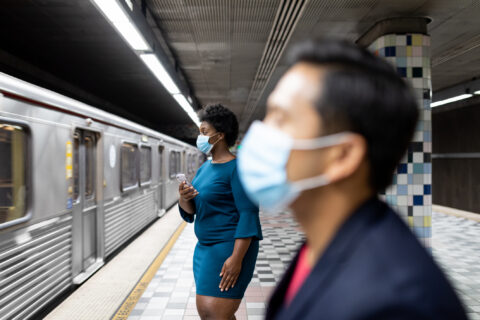Yesterday, 28 million children ages 5-11 years old became eligible for the first COVID-19 vaccine for this age group with the review and approval of the Pfizer-BioNTech vaccine by the U.S Food and Drug Administration (FDA)’s independent advisory committee on October 26 and the Centers for Disease Control and Prevention (CDC)’s independent advisory committee on November 2.
With this authorization and approval, the Administration has begun shipping millions of vaccine doses nationwide that will support a comprehensive effort across the public and private sectors to ensure that we have the supply, the sites, and the support needed to get our nation’s children vaccinated and protected against the virus.
The vaccine roll-out to this age group will focus on ensuring that children and their families can access the vaccine in sites and settings that they know and trust. In this vein, local leaders have a critical role to play in ensuring that local doctors’ offices, hospitals, pharmacies, community health centers, and school- and community-based sites are coordinated to ensure that all residents have equitable access to the vaccine.
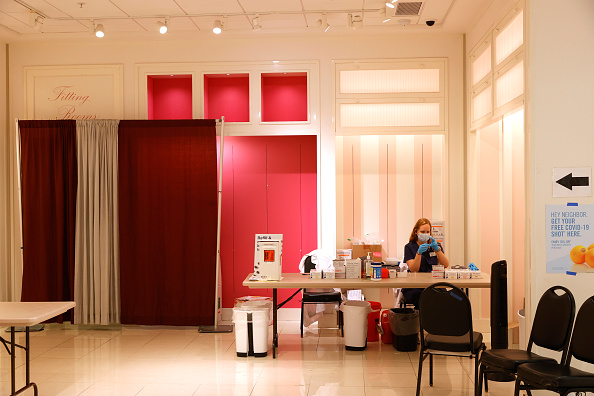
As the vaccine makes its way to cities, towns and villages across the country, here are three ways that local leaders can support the roll-out and coordination of these efforts in their community:
- Support vaccination clinics. Vaccines for children aged 5 through 11 will be available through a range of health care providers that parents rely on to meet their children’s needs, including pediatricians, family doctors, children’s hospitals, pharmacies, and community health centers. Local leaders should work within their community to connect providers with schools and local community organizations to provide on-site vaccination clinics at schools and after school provider locations.
- Engage parents and caregivers to answer their questions. To ensure that parents and guardians have the information they need to make informed choices for their families, local leaders can share materials from the Department of Health and Human Services to reach parents and guardians with accurate information about the vaccine and the risks that COVID-19 poses to children. Local leaders can also host community meetings that bring together local providers that answer parents questions.
- Promote equitable access. Local leaders can work with local providers to ensure they offer vaccinations on nights and weekends across all neighborhoods to ensure that vaccines are convenient and accessible to every family. Local leaders can also work to provide printed materials in multiple languages as well support transportation options for families, including free bus, subway or taxi vouchers to better access vaccine locations.
As local leaders work to engage their communities with this latest vaccine roll-out, please take advantage if the Administration’s fact sheet on the operational planning for the vaccine for 5-11 year olds and share your efforts with NLC through NLC’s COVID 19: Local Action Tracker so that we can work together to amplify the best practices in communities across the country.


